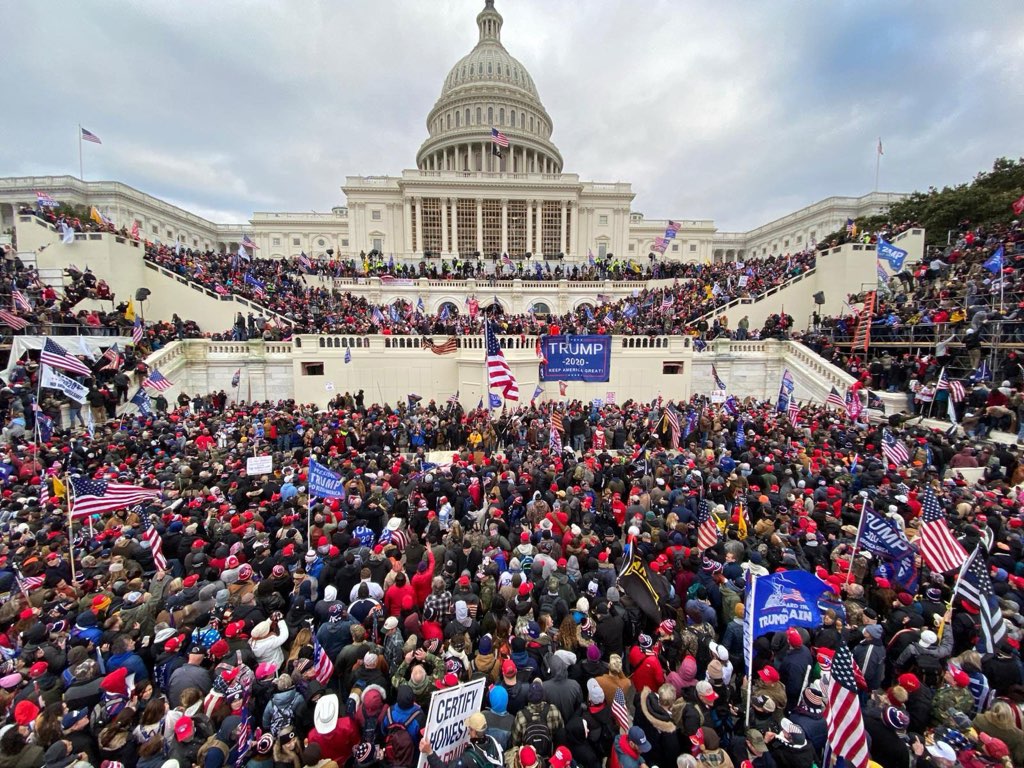The depth of one’s belief is truly tested when its veracity carries life-and-death consequences.
C. S. Lewis
1898 — 1963
To what extent do the American people hold steadfast to the foundational truths of their nation, to the point where such conviction becomes a matter of utmost significance?
These fundamental principles, painstakingly acquired over almost two and a half centuries, are ingrained in our collective consciousness. The first among them is “E Pluribus Unum” (Out of Many, One), a guiding motto emblazoned on The Great Seal.
The second tenet, “All Men Are Created Equal,” first articulated by Thomas Jefferson amidst an era dominated by monarchs and nobility, found its place in the Declaration of Independence and later echoed in the Gettysburg Address by Abraham Lincoln. Subsequently, these principles were enshrined in the XIII, XIV, and XV Amendments to the Constitution.
These ideals have sculpted a remarkable nation, evolving into a beacon of inclusivity and diversity—a beacon radiating remarkable strength and vitality, rooted in unwavering faith in the human spirit, free enterprise, religious liberty, the supremacy of law, and the extraordinary essence of America itself.
When we stand united, there are scarcely any challenges beyond our capacity to overcome.

However, amidst the tapestry of contemporary America, there exist individuals disenchanted and unsettled by the current state of affairs. This discontent is not novel; its roots delve deep into a grim history characterized by White Supremacy and self-proclaimed elitism, manifesting in various forms that pose a tangible threat to the very principles that define our heritage. Is there any plausible rationale for the profound divisions that fracture our society?
The notion of “Make America Great Again” is but a mirage steeped in apprehension and apocalyptic visions.
The Civil War marked the climax of the nation’s inception in 1776, entwined with the original sin of slavery. It serves as a precedent for the myriad events that have unfolded since that era, shaping the trajectory of the nation to the present day. These sacred truths, baptized in the bloodshed of that war, continue to resonate through the annals of history.
For nearly 160 years, the Confederate Battle Flag has served as a symbol of White Supremacy, a legacy that traces back to the emergence of the Ku Klux Klan in 1866. Today, divisive narratives revolving around race, ethnicity, religion, nationality, gender, and identity—wherever fault lines may be discerned—serve as veiled provocations for a conflict that is both commercialized and politicized, with the aim of destabilizing the core.
This toxic doctrine of supremacy contradicts the essence of unity in diversity and the principle of equality among all individuals. It stands in stark contrast to the values we cherish and revere.
Our fervent hope is that the future of America will be guided by these sacred principles, but this aspiration can only materialize if our commitment to them is unwavering, akin to a matter of life and death.

On March 4, 1861, in the face of Southern states’ secession over the issue of slavery, Abraham Lincoln endeavored to reconcile with his compatriots and preserve the Union. Although his efforts were not ultimately successful, his words echo through time as a poignant entreaty:
“We are not enemies, but friends. We must not be enemies. Though passion may have strained, it must not break our bonds of affection. The mystic chords of memory, stretching from every battlefield and patriot grave to every living heart and hearthstone all over this broad land, will yet swell the chorus of the Union, when again touched by the better angels of our nature.”
The present moment demands urgency.
It is the year 2024.
